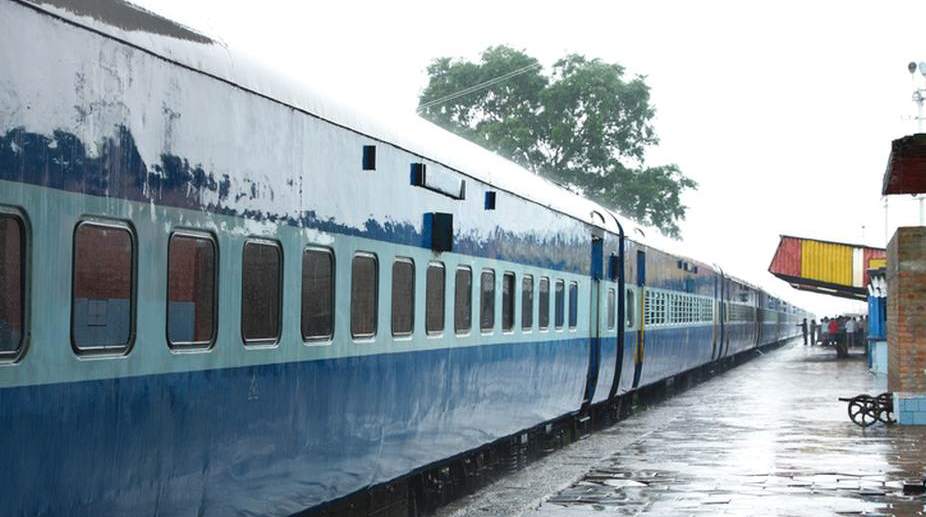The railway ministry has proposed a change in the model for inviting private partners to redevelop railway stations. The amended proposal which is being touted as one that will make the process of redevelopment quicker has been sent to the Union Cabinet for approval. Almost 600 stations are due for a makeover.
The proposed model called EPC-PPP is also expected to reduce the hurdles in getting stations redeveloped. At present, work is on to redevelop two railway stations under public private partnership (PPP).
Gandhinagar (Gujarat) and Habibganj (Madhya Pradesh) are the stations where state-of-the art facilities including a hotel are being developed by private parties who were awarded the tenders.
While bids of the developers are being evaluated for Jammu and Kozhikode, NBCC has been awarded the tender for Gomtinagar station. The model being suggested by Railways is not pure PPP. The end-user, however, will be a private partner.
EPC is the acronym for Engineering Procurement Commissioning. Under this model, Railways will construct a station using its own finances which could be a loan.
Later on when the station is completed, a private partner will be invited to commercially utilise the premises of the station and it will have to give a share of the revenue it generates to the Railways.
“The Railways can then use the same money from commercial use for debt repayment,” said the source. The model is being claimed to be more efficient than the earlier one which was a pure PPP.
In the pure PPP model, developers have been complaining that they have to get all sorts of clearances from various authorities which is cumbersome and a time-consuming process.
There are also technical problems in allotting the land meant for redevelopment of the railway stations. Officials say it is the Rail Land Development Authority (RLDA) which has to give away the land to the private player after the Railway Board gives an approval, thus, adding delay to the process.
The new model of EPC-PPP will do away with this. The Railways is under huge pressure to put the process of redeveloping the Railway Stations on a fast track. Earlier, there was a proposal to develop 400 stations.
However, after the re-categorisation of stations which was done earlier this year the number of stations that need to be redeveloped has escalated to 600.
The earlier categorisation of the railway stations was based only on passenger earnings annually. The new categorisation includes passenger footfalls at the station.
Tenders were invited from developers for PPP railway station at Bijwasan in the National Capital Territory but the developers have expressed concern over this. They wanted the concession period to be longer.
Also, they wanted the land title to be clear so that they can commercially develop the area without any interference from local authorities. Tenders have also been invited so far for Anand Vihar terminal, Chandigarh and Surat.
While Indian Railway Station Development Corporation (IRSDC) overlooks the redevelopment of PPP railway stations, it is the Railways which is responsible for setting the norms for tendering process.
An official said the Railways wanted the process to be simplified so that it becomes faster. The lacklustre performance of IRSDC which was created around five years ago for redevelopment of railway stations has worried the ministry.
Till now, work on PPP railway stations has taken off only in Gandhinagar and Habibganj. “Railways want to make IRSDC the nodal agency for redevelopment of railway stations. IRSDC will play a bigger role right from preparing the design to making the detailed project report. This will strengthen it as an organisation so that it can function independently,” said the source.











